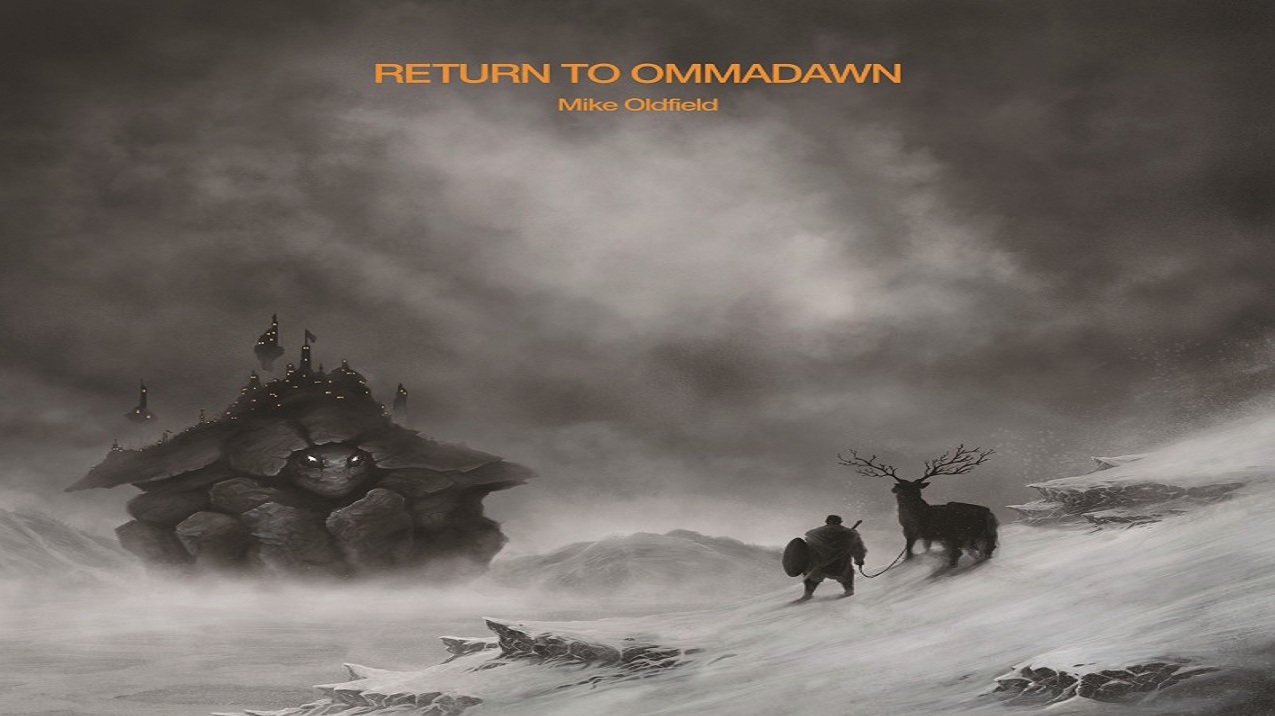When Mike Oldfield released his Ommadawn album in 1975, the world was at his feet. A credible musician, respected by such left-field collaborators as Robert Wyatt and Kevin Ayers, he had also achieved superstardom with the shock, runaway success of his debut, 1973’s Tubular Bells. Its huge sales made Virgin Records (it was the fledgling label’s first ever album release), and helped pave the way for label boss Richard Branson to greater things. Meanwhile, in terms of what mattered in 1975, Ommadawn was considered an immense achievement – Oldfield played all the instruments himself, and with his misty, Celtic evocations opened up new horizons rock might care to take advantage of.
Forty and a bit years on, Oldfield has decided to revisit the terrain he staked out on that album. Spread over two eponymous parts, it’s a similar odyssey, in which Oldfield once again plays a variety of instruments including bodhran, bass, acoustic and Spanish guitars, tambourine, glockenspiel, cymbals and Ovation mandolin. Ovations for such virtuosity are harder to come by these, days, sadly, among a generation which says: “Why didn’t you just download ThumbJam?”
Return To Ommadawn is certainly immaculate, supremely competent in its musicianship, and produced by Oldfield to a high shine. So much so, however, that you yearn for a bit of scuff, interference, a bit of dirt churned up in his tracks. As it is, there’s a certain Wagnerian tweeness about the record, its changes predictable, it’s progressions too easily resolved, his tunings over-familiar. The whole thing feels like drinking several pints of spring water.
What’s more, this is more than just a return to Ommadawn; it feels like a near-replication, in spirit and texture, as if Oldfield simply carried on playing in the same vein back in 1975, enough for a spare album, then buried the tapes at Hergest Ridge to be disinterred four decades later. The bodhran rumbles, the worldless chants… it’s all very much as before.
To some degree, Oldfield may have been the victim of Ommadawn’s success and what it inspired. What was once all deserted fields has now been ruthlessly plundered since by legions of New Age twaddlers, bland soundtrackers in search of sub-Celtic muzak, even Eurovision Song Contest instrumentalists. Not his fault, but you wonder if Oldfield has been too immersed in his own world to realise how the actual world has moved on a long way since 1975.

